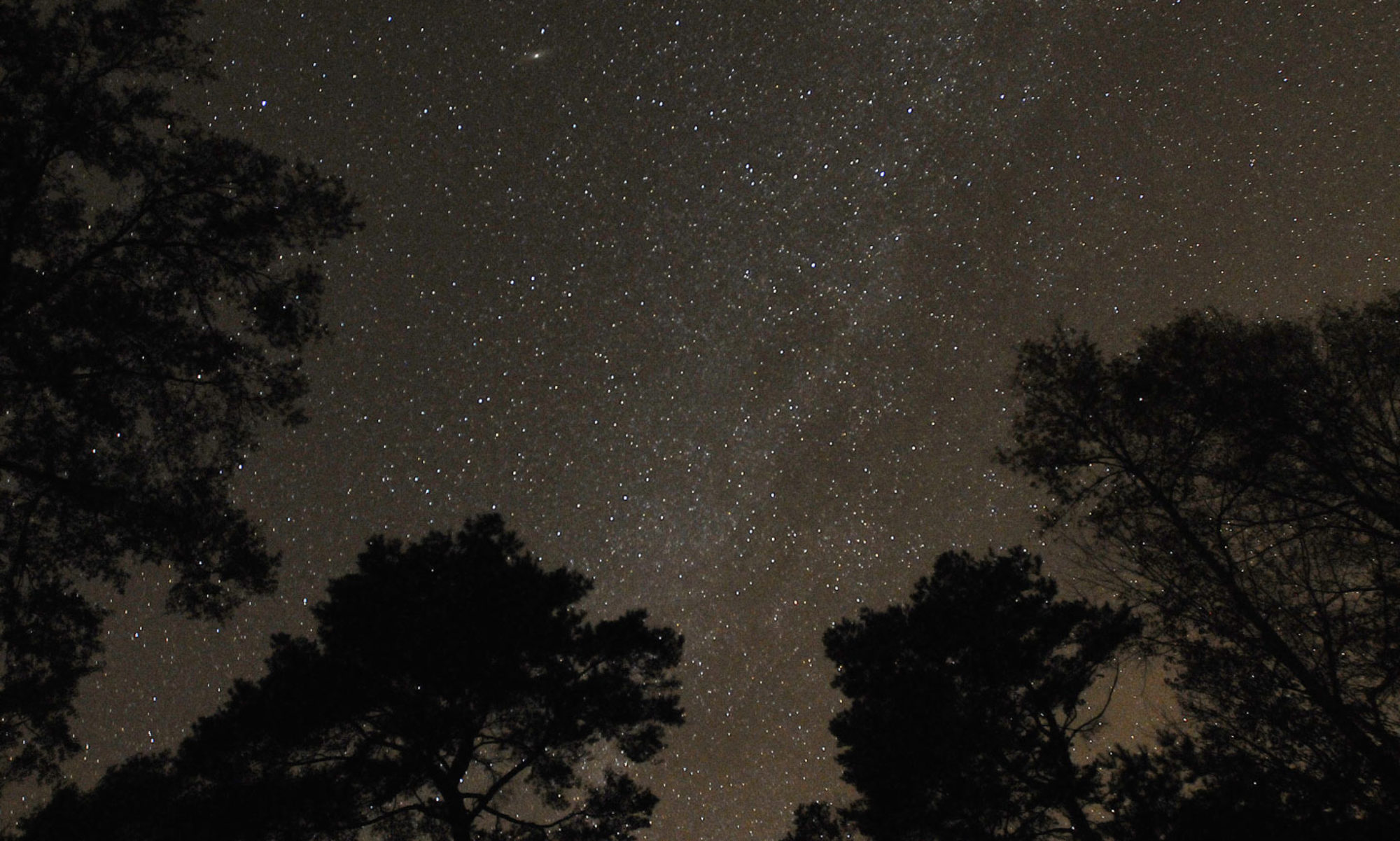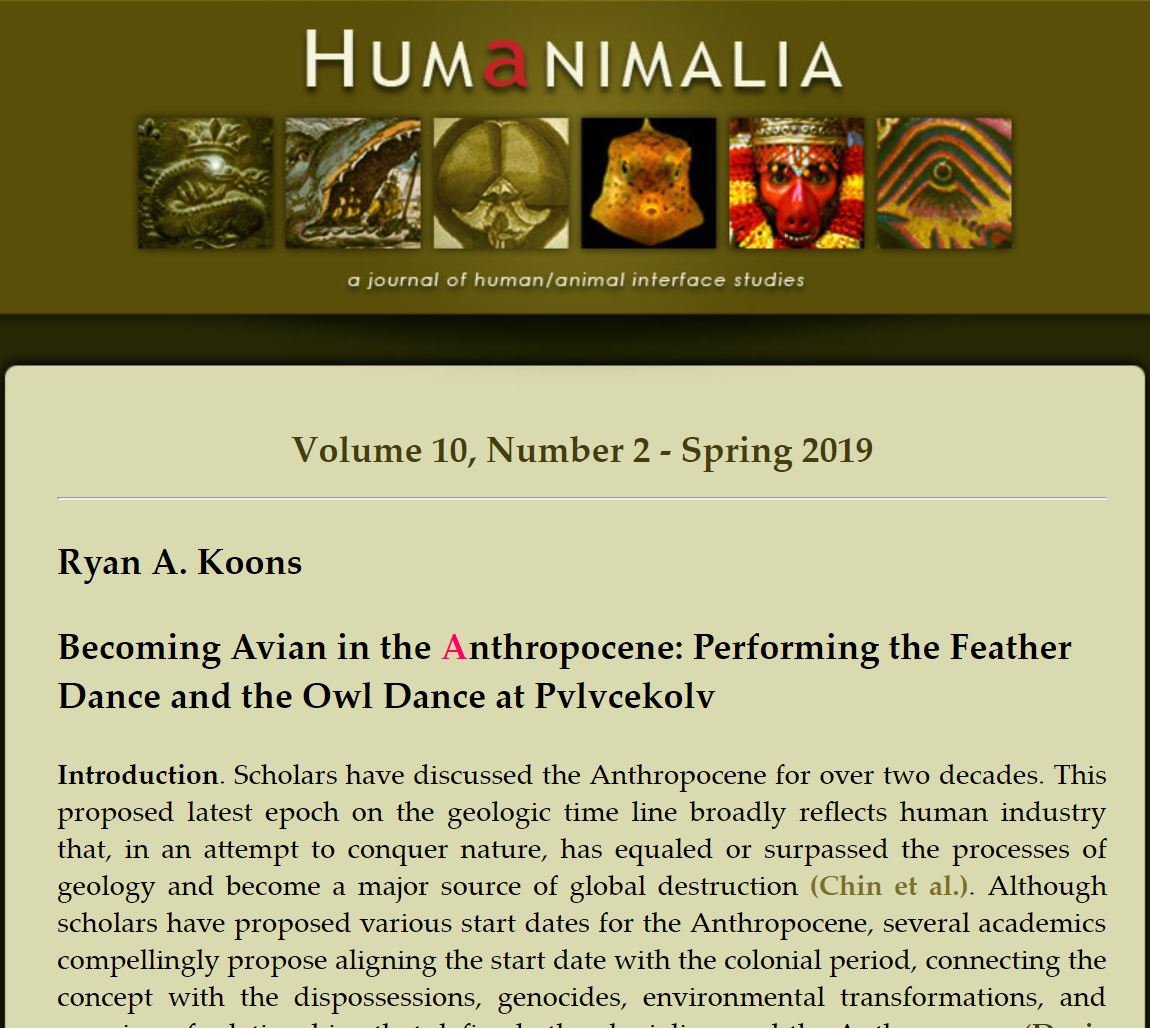Scholars have argued about the Anthropocene for over two decades. This proposed geologic period broadly references the globally destructive force that is human activity. Although some scholars have proposed diverse names and start dates for the era, it is clear that human agency has negatively affected the longevity of the planet, and that colonialism continues to be bound up in Anthropocenic realities. This entanglement of colonialism and the Anthropocene speaks to the vital need for decolonization. Among others, the decolonization process requires the repatriation of Indigenous lands, Indigenous resurgence, and the recognition and practice of Indigenous relations to land and the “nonhuman kin” such as animals and plants who co-constitute that land. This article focuses on how members of the Tvlwv Pvlvcekolv American Indian community use ritual music and dance to develop and renew relationships with their non-human kin. It focuses on two case studies from Pvlvcekolv’s annual “busk” ritual cycle: the Feather Dance and the Owl Dance. Theorizing a term coined by philosophers Gilles Deleuze and Félix Guattari, these sung dances facilitate humans “becoming with” birds in processes of multispecies communication, accommodation, and empathy. As practiced at Pvlvcekolv, “becoming” functions as a potential route out of the colonized Anthropocene.
Open-access article link: https://www.depauw.edu/site/humanimalia/issue%2020/koons.html
File download:

